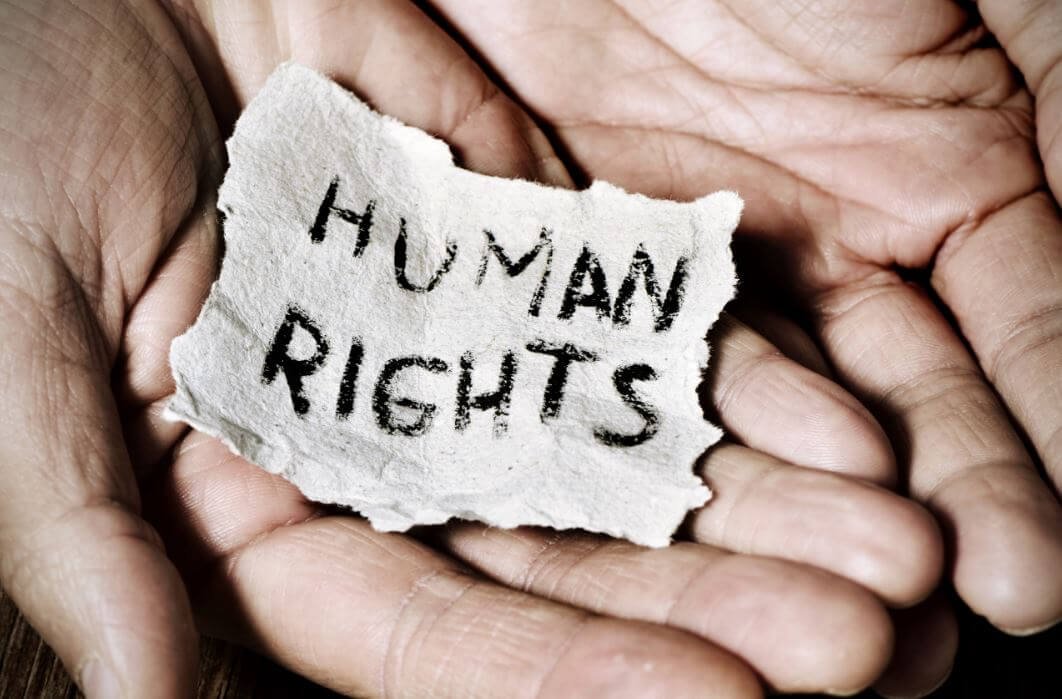The Intersection of Religion and Human Rights
Religion has long played a significant role in shaping societies and influencing individuals’ beliefs and values. It has the power to inspire acts of compassion, promote peace, and provide individuals with a sense of purpose and meaning. However, religion is not immune to criticism, particularly when it comes to its impact on human rights.
Human rights, on the other hand, are the fundamental rights and freedoms that every individual is entitled to, regardless of their race, religion, gender, or any other characteristic. These rights include the right to life, liberty, and security of person, freedom of thought, conscience, and religion, and the right to be free from torture, cruel, inhuman, or degrading treatment or punishment, among others.
Religious Freedom and Freedom of Expression
One of the most significant aspects of human rights is the freedom of thought, conscience, and religion. This right encompasses both the freedom to practice one’s religion and the freedom to change one’s religion or belief. However, conflicts arise when religious freedom clashes with other human rights, such as freedom of expression.
While individuals have the right to express their religious beliefs, this right should not infringe upon the rights and freedoms of others. Hate speech, incitement to violence, and discrimination in the name of religion are clear violations of human rights. Balancing religious freedom with the protection of other fundamental rights is a delicate task that requires careful consideration.
Religion and Gender Equality
Gender equality is another area where religion and human rights often intersect. Many religious traditions have been criticized for perpetuating gender-based discrimination and inequality. From restrictions on women’s rights to limitations on reproductive rights, religion has sometimes been used as a justification for denying women equal opportunities and freedoms.
However, it is important to note that not all religious beliefs and practices are inherently discriminatory. Many religious communities are actively working towards promoting gender equality and challenging patriarchal norms. Interpreting religious texts in a way that is inclusive and empowering for all individuals is crucial in ensuring that religion does not become a barrier to gender equality.
Religious Freedom and LGBTQ+ Rights
The issue of LGBTQ+ rights has become increasingly relevant in recent years, and it has also sparked debates within religious communities. Some religious doctrines and interpretations condemn homosexuality and transgender identities, leading to discrimination and marginalization of LGBTQ+ individuals.
However, there are also religious communities that advocate for LGBTQ+ rights and embrace diversity and inclusion. These communities challenge traditional interpretations and seek to create spaces where LGBTQ+ individuals can fully express their identities without fear of rejection or discrimination.
Conclusion
The relationship between religion and human rights is complex and multifaceted. While religion has the potential to inspire acts of compassion and promote peace, it can also be used to justify discrimination and human rights abuses. Balancing religious freedom with the protection of other fundamental rights is a challenge that requires ongoing dialogue and critical engagement.
It is important to recognize that not all religious beliefs and practices are inherently incompatible with human rights. Many religious communities actively work towards promoting equality, inclusivity, and social justice. By fostering a deeper understanding of the intersection between religion and human rights, we can strive towards a more inclusive society where everyone’s rights and freedoms are respected.



































